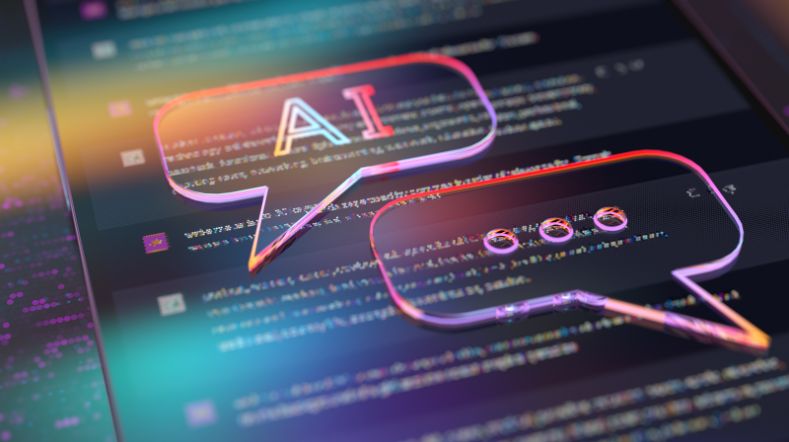Smart industry: thanks to AI, new employees can be onboarded straight away
Production processes in the manufacturing industry are becoming increasingly complex. And that makes the task of familiarising new employees with their working environment quickly and effectively all the more challenging. TNO is developing a system that uses artificial intelligence. The aim is to ensure that employees are given exactly the instructions they need at a particular time.
In most factories nowadays, assembly line work is carried out by advanced machines. In the manufacturing industry meanwhile, more and more work is also performed by robots. However, there is much that they cannot do. People are still needed for operating machinery and for complex and varied work, so they remain an important element in factories everywhere.
Little time to onboard people
The manufacturing industry prefers to employ people with engineering qualifications. In the Netherlands, though, people in that category are thin on the ground. So how about taking on people with no engineering background? In many cases that is the only option, but it does present a challenge. That’s because it takes a lot of time to onboard an inexperienced employee. In the meantime, customers want to know where the products are that they have ordered. In short – stress!
System that allows tailor-made solutions
It would be ideal if every employee – experienced or not – were to receive work instructions tailor-made for their situation. Not on paper, but step-by-step instructions projected onto a computer screen or smart glasses for example, or by a beamer onto a work table. And that is exactly what can be achieved using TNO’s ‘adaptive operator support system’.
Real-time instructions, thanks to AI
The system, which is controlled by artificial intelligence, also ensures that employees receive their instructions in real time – that is, precisely when they need to carry out an action or check something. Not only that, but the instructions are adapted to the level of knowledge and experience of the individual employee.
Below you can see how this works with the current Operator Support System prototype:
Extra boost for the manufacturing industry
TNO is working in partnership with Omron () and Thomas Regout International in the Flexible Manufacturing field lab on the Brainport Industries Campus. These companies are going to test and evaluate a prototype of the adaptive operator support system. Demonstration models are also being set up at the Brainport Industries Campus and at RoboHouse in Delft.
Interested firms will soon have the opportunity there to learn more about this AI system, which can give an extra boost to production capacity in the manufacturing industry.
Get inspired
Working on reliable AI
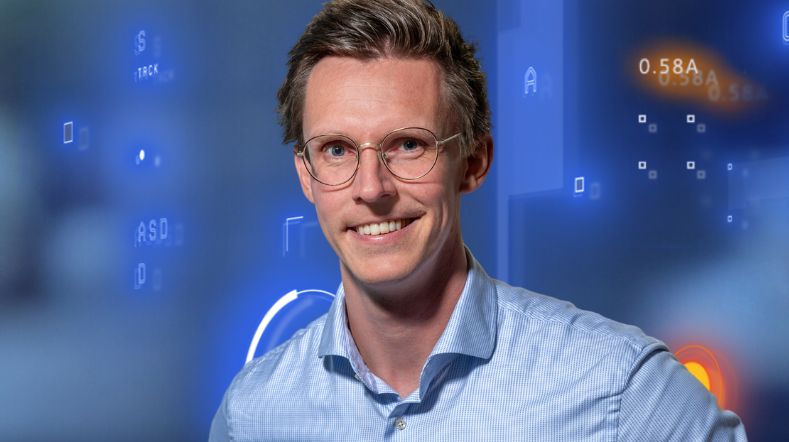

AI model for personalised healthy lifestyle advice
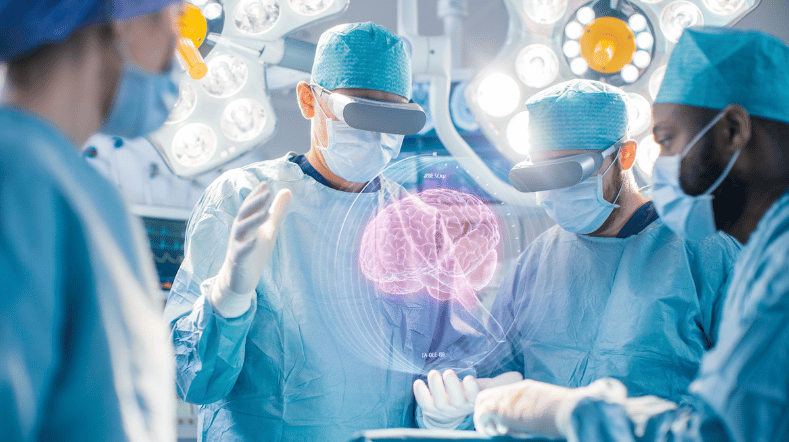

AI in training: FATE develops digital doctor's assistant
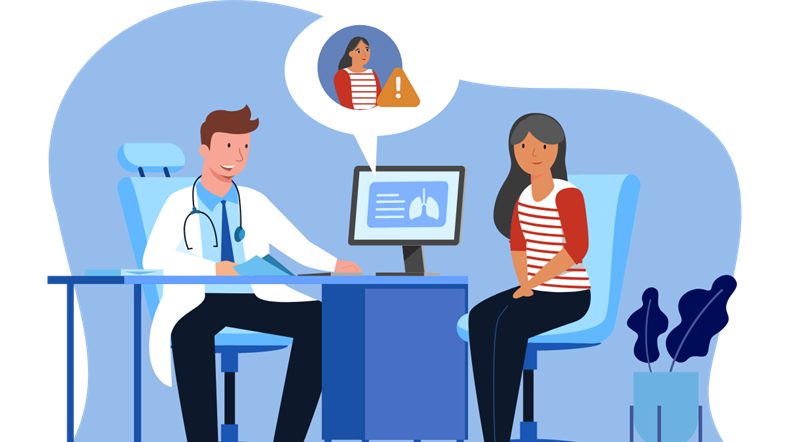

Boost for TNO facilities for sustainable mobility, bio-based construction and AI
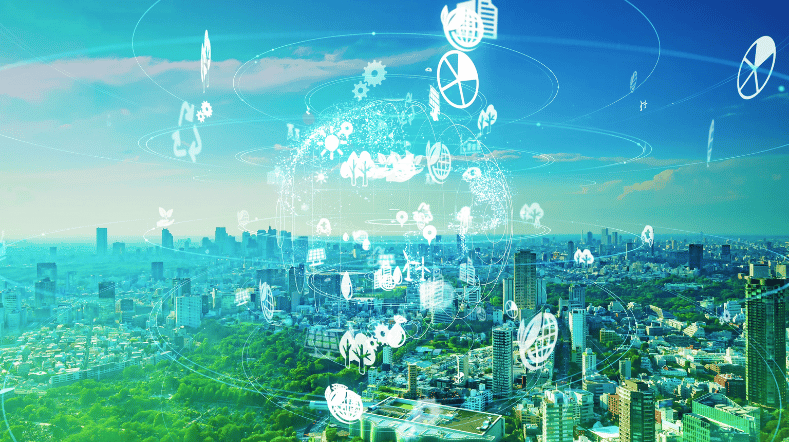

GPT-NL boosts Dutch AI autonomy, knowledge, and technology
